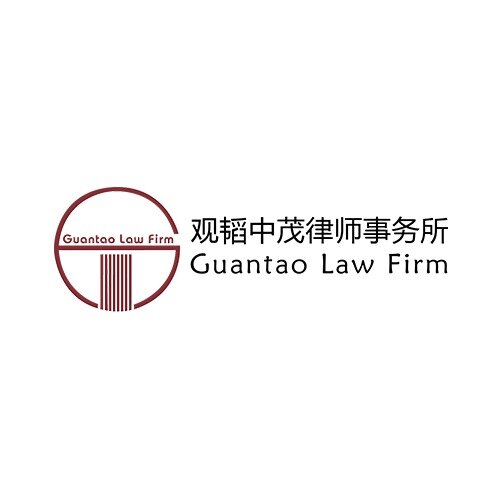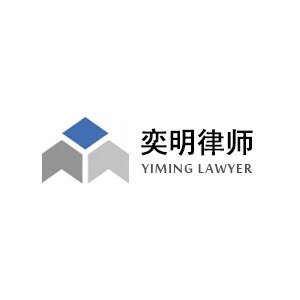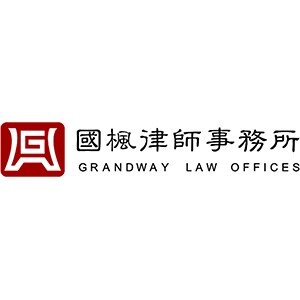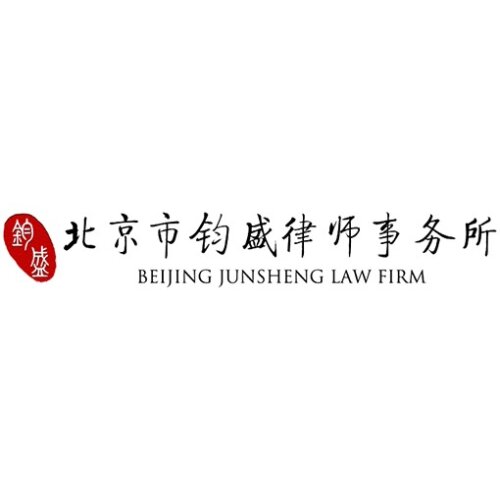Best Copyright Lawyers in Beijing
Share your needs with us, get contacted by law firms.
Free. Takes 2 min.
List of the best lawyers in Beijing, China
About Copyright Law in Beijing, China
Copyright law in Beijing, China, is a part of the People's Republic of China intellectual property law that protects the rights of creators over their original artistic, musical, and literary works. It includes protection over works such as books, music, movies, paintings, software, and architecture. Chinese copyright law offers the copyright holder exclusive rights to reproduce, distribute, adapt and perform the work. The China Copyright Law was revised and came into effect on 1 June 2021. Beijing, being the capital city, adheres to the national law strictly.
Why You May Need a Lawyer
You may need a lawyer if you are planning to copyright your original work in Beijing, China, or if you are dealing with cases of copyright infringement. Legal assistance is highly recommended when drafting licenses or agreements that involve copyright transfers. If you are working in industries highly associated with intellectual property, including technology, media and entertainment, having a lawyer becomes crucial. A lawyer can help with the international registration process if your work reaches beyond Chinese borders.
Local Laws Overview
The key aspects of copyright law in Beijing, China are established under the Copyright Law of the People's Republic of China. This law strictly protects the rights of creators: to exploit their works, to receive remuneration, to be recognized as the author, and to protect against infringement. It also extends protection to foreign works under international treaties. The law also provides for compulsory licenses in certain situations, like handling emergencies or facilitating public education. One major update includes the increase of statutory damages to a maximum of RMB5,000,000.
Frequently Asked Questions
1. Who can apply for copyright registration in Beijing, China?
Copyright registration is voluntary in China, but any individual, legal entity or other organization possessing the copyright of a work according to Chinese Copyright Law can apply for copyright registration.
2. How long does copyright protection last in Beijing, China?
Copyright protection in Beijing, China generally lasts during the author's lifetime and for fifty years after his or her death. However, for films, TV dramas, or other works, it will continue for fifty years after the first publication.
3. Can foreign works be protected under Beijing, China's copyright laws?
Yes, Beijing, China protects the copyrights of foreign works under international treaties, such as the Berne Convention and the Universal Copyright Convention, to which China is a signatory.
4. What types of work does copyright law in Beijing, China protect?
It protects literary, artistic, and scientific works such as books, music, films, paintings, and computer software among others.
5. Are there penalties for copyright infringement in Beijing, China?
Yes, the new law provides for penalties, including cessation of the infringing activities, destruction of infringing copies, and indemnification for the losses. Also, a statutory damage system applies if actual damages cannot be calculated.
Additional Resources
For further information, it's recommended to consult the 'National Copyright Administration of China'(NCAC), which is responsible for copyright-related issues across the country. The 'Intellectual Property Law Firm' in China offers a variety of resources on its website. It's also helpful to familiarize oneself with 'The Copyright Law of the People’s Republic of China'.
Next Steps
When you need legal assistance in Copyright in Beijing, China, it's recommended to seek the advice of a lawyer specialized in intellectual property. Be prepared to provide details about your work and its commercial uses. If litigation seems necessary, ensure to collect as much evidence as possible to support your claim. Consulting an expert will help you navigate the process efficiently.
Lawzana helps you find the best lawyers and law firms in Beijing through a curated and pre-screened list of qualified legal professionals. Our platform offers rankings and detailed profiles of attorneys and law firms, allowing you to compare based on practice areas, including Copyright, experience, and client feedback.
Each profile includes a description of the firm's areas of practice, client reviews, team members and partners, year of establishment, spoken languages, office locations, contact information, social media presence, and any published articles or resources. Most firms on our platform speak English and are experienced in both local and international legal matters.
Get a quote from top-rated law firms in Beijing, China — quickly, securely, and without unnecessary hassle.
Disclaimer:
The information provided on this page is for general informational purposes only and does not constitute legal advice. While we strive to ensure the accuracy and relevance of the content, legal information may change over time, and interpretations of the law can vary. You should always consult with a qualified legal professional for advice specific to your situation.
We disclaim all liability for actions taken or not taken based on the content of this page. If you believe any information is incorrect or outdated, please contact us, and we will review and update it where appropriate.

















